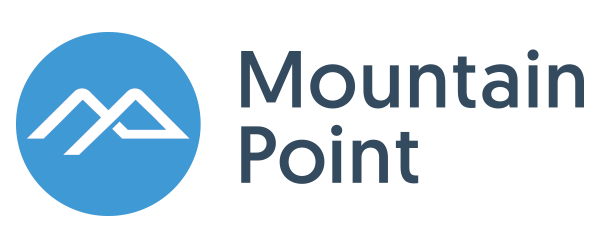Moving Beyond the Hype Cycle
Gartner’s Chris Pang recently described the advances being made to bring ERP into the cloud in an online webcast. He notes that for small to medium-size organizations, cloud has moved beyond the “hype cycle” and up the “slope of enlightenment.”
Speaking at a recent conference, Salesforce.com's Peter Coffee put up a provocative slide: The number of Google searches for the term "cloud computing." It proves, he says, that people no longer find cloud computing compelling. I certainly don't think this means that organizations are no longer considering Cloud. To me I think this shows that organizations are now understanding and realizing the benefits of the Cloud and As-A-Service Models and how they can bring value and innovation to their businesses.
Software as a Service (SaaS) has been the staple of cloud adoption
With Salesforce.com starting to blaze the trail more than a decade ago and Workday, Okta, Zoho and other players following behind, growth for SaaS shows no sign of slowing, according to new research from North Bridge Venture Partners working with Gigaom Research.
Among 1,348 respondents surveyed, SaaS adoption grew five-fold from 11 percent to 74 percent in the four years that North Bridge started running Future of Cloud Computing Survey, said Michael Skok, general partner of North Bridge Venture Partners.
Now organizations are entering the Implementation and Integration phases of figuring out how they can continue to benefit from these services and how the core of their business can be migrated to the cloud. Cloud ERP is becoming a more and more compelling transition away from their on-premise Legacy ERP systems.
Cloud ERP Integration and Adoption
To accomplish this, “There is a requirement for integration of data in and data out. Integration and security and things such as a the data model and data cleanliness is also going to be part of the decision criteria.” Every company, and every industry, has different types of requirements that they will seek in a cloud-based ERP solution.
“It isn’t integrated automatically — often there is a favored platform of choice for the older products. These may not be an easy transition going forward. Don’t just assume just because its from your provider, it’s going to work naturally — there’s going to be nuances” highlights Pang.
What challenges is your organization facing as you start evaluating a new ERP business system. Is Cloud ERP a viable solution for your business? If so, we'd love to hear from you and further discuss!
Sources: When ERP Goes to the Cloud, You Know Things are Serious, Has Cloud Computing Been a Failed Revolution?, Already Going Strong, SaaS Adoption Keeps Growing, Understanding the Buyer for Cloud ERP







